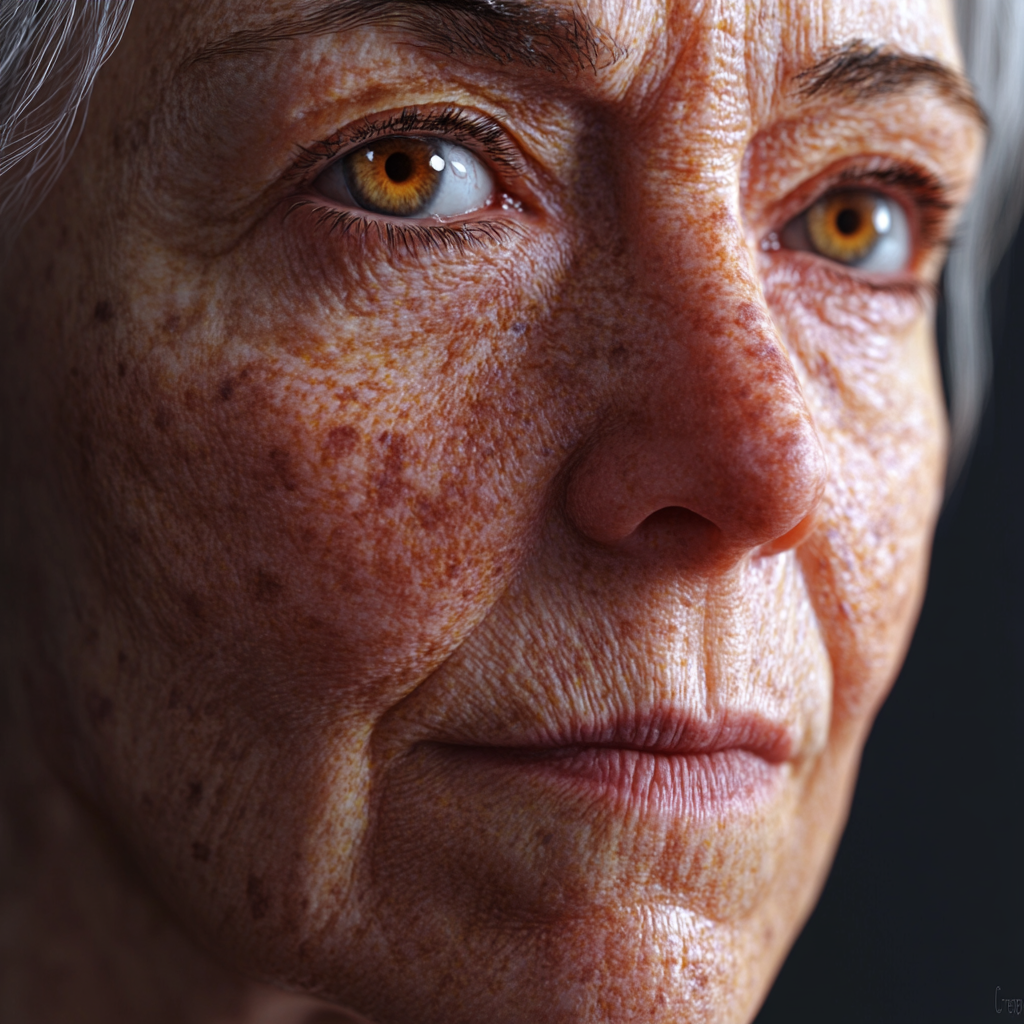Aging Questions You’re Too Embarrassed to Ask
A 2023 AARP survey revealed that 68% of adults over 50 have aging-related questions they’re too embarrassed to ask their doctors—or even Google. Why do we treat aging like a dirty secret? From sagging skin to “senior moments,” let’s demystify the changes no one talks about.
Physical Changes: What’s Normal (and What’s Not)
Skin: Wrinkles, Spots, and “Crepey” Texture
The Science: After 40, collagen production drops 1% yearly, leading to wrinkles. Age spots? Blame UV damage, not just time.
Normal vs. Concerning:
- ✅ Normal: Fine lines, mild dryness, harmless liver spots.
- 🚩 Concerning: Sudden mole growth, non-healing sores.
Pro Tip: Retinol and SPF 30 can slow collagen loss by 40% (NIH).
Hair: Thinning, Graying, and Unwanted Growth
- Gray Hair: 50% of people are 50% gray by 50 (Journal of Investigative Dermatology).
- Ear/Nose Hair: Androgens spike post-menopause, fueling fuzz. Trim, don’t pluck.
Rhetorical Question: If gray hair is wisdom, why do we dye it?
Cognitive Shifts: “Senior Moments” or Red Flags?
Memory Lapses vs. Dementia
Normal: Forgetting keys occasionally.
Concerning: Getting lost in familiar places.
| Sign | Normal Aging | Possible Dementia |
|---|---|---|
| Forgetting a name | Common | Forgetting family names |
| Misplacing glasses | Typical | Losing items in odd spots (fridge) |
| Struggling with tech | Expected | Unable to use a phone |
Source: Alzheimer’s Association, 2024
Dr. Emily Tran, Neurologist: “Tip: Crossword puzzles? Fun, but not a cure. Aerobic exercise cuts dementia risk by 30%.”
Sexual Health: The Taboo Topics
Menopause: Beyond Hot Flashes
- Vaginal Dryness: 58% of postmenopausal women experience it; hyaluronic acid moisturizers help (Mayo Clinic).
- Low Libido: Testosterone dips, but open communication and therapy can reignite sparks.
Erectile Dysfunction (ED): More Common Than You Think
- Stats: 40% of men over 40 have ED. Only 25% seek help (Cleveland Clinic).
- Fixable: 85% of cases improve with meds, lifestyle changes, or therapy.
Rhetorical Hook: If Viagra ads can flood our screens, why can’t we talk about it?
Emotional Aging: Mood Swings or Something More?
The “Grumpy Old” Stereotype
Aging doesn’t cause grumpiness—isolation does. 27% of seniors live alone, raising depression risks (CDC).
Mental Health Checklist:
- Have you lost interest in hobbies?
- Do you sleep too much or too little?
- Is irritability constant, not occasional?
Therapy Works: 72% of seniors report improved mood after counseling (APA).
Your Burning Questions, Answered
1. “Is forgetfulness normal after 60?”
Yes, if occasional. Mild cognitive impairment (MCI) affects 15% of 65+; dementia impacts 10%.
2. “Why do I pee more at night?”
Bladder capacity shrinks with age. Limit fluids after 8 PM, but see a doctor if you’re up 3+ times nightly.
3. “Are aches and pains inevitable?”
No. Strength training reduces joint pain by 50% in adults over 60 (NIH).
4. “Is it normal to hate retirement?”
Yes. 41% struggle with identity loss post-retirement. Volunteer or mentor to stay engaged.
5. “Why am I growing hair… there?”
Hormonal shifts redirect hair from heads to ears/chins. Laser removal is safe for seniors.
The Bottom Line: Aging Isn’t a Failure
Society frames aging as decline—but it’s evolution. Wrinkles map laughter; gray hair crowns resilience. Ask the “embarrassing” questions. Your doctor’s heard worse.
Final Word: Normal is a spectrum. Your job isn’t to stay young—it’s to stay you.

